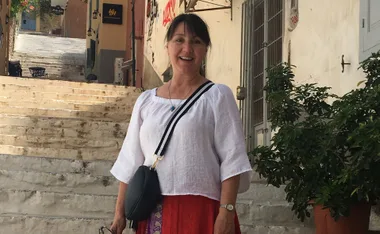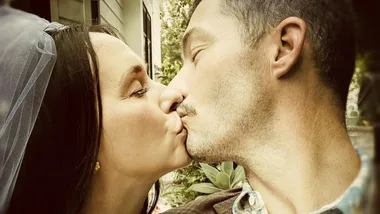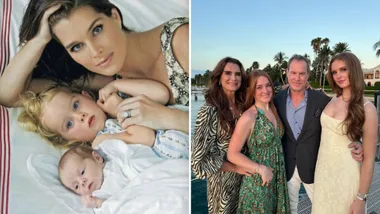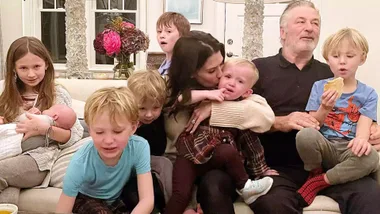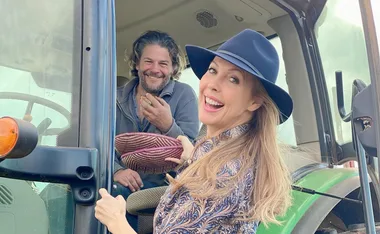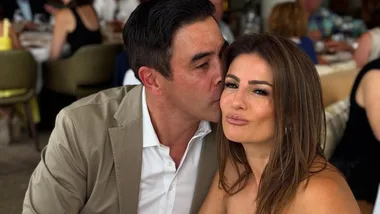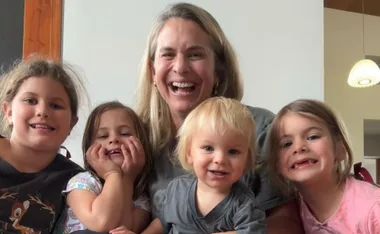Stephanie Azri was nearly five months pregnant and looking forward to finding out if she was having a boy or a girl when her doctor delivered devastating news: the baby growing inside her was fatally ill, and would never live outside her womb.
She had gone to her 20-week scan excited about discovering the sex of her third child but was left reeling by her daughter’s fatal prognosis.
“I truly had no idea anything would be wrong, and I was left with a devil of a decision,” Stephanie says.
“I was given 48 hours to terminate the pregnancy, or continue to full-term knowing my baby would die at birth.
“I couldn’t comprehend either situation, but knew I didn’t have time to make a rational choice about termination, so I elected to continue with the pregnancy.”
Stephanie’s baby girl had pulmonary hypoplasia, meaning her lungs weren’t forming correctly.
Weeks later, Stephanie went into labour and headed straight to her GP, who dismissed her contractions and sent her home.
What followed compounded an already tragic situation: Stephanie gave birth at home, alone, with her two young children by her side.
“My little girl, Talina Gabrielle, died just a few hours later in my arms, and my world shattered,” she said.
Since her heartbreaking loss, Stephanie has devoted her life to helping out others who receive a terminal pregnancy diagnosis.
“After Talina died, I felt truly alone,” she says. “There was no support for me, no name for my experience, I was just supposed to get on with it.”
Stephanie was already a social worker and since Talina’s death she has devoted herself to researching fatal diagnosis in pregnancy, including a nearly completed PhD on the subject.
“Women given a choice of terminating their baby, or having a baby die in their aims are given the worst choice of their lives,” she says.
“Both choices are right, both are wrong, both are horrible.”
Part of Stephanie’s journey has been establishing Prenatal Diagnosis Support Australia, a website offering free advice and support for those trying to cope with a fatal diagnosis.
“I needed to give myself a sense of purpose, and I realised I wasn’t the only mother to have experience this kind of loss,” Stephanie says.
“Women and their partners are faced with a wretched decision, and they need to realise while they don’t have a lot of time to decide, there is support for whatever path they make take.”
PDS Australia helps families with the emotional and practical: photographers, hand and footprint moulds, counselling services and heartbreaking funeral arrangements.
“I want women to be supported at this time of their life, to know life will get better again. I want them to know their feelings are valid.”
Stephanie went on to have three more children — all sons.
“There is definitely part of me that believes Talina never wanted to be replaced, which is why I never had another daughter after her death,” Stephanie says.
“She may have only lived for a few hours, but she has never been forgotten. Her baby photo is on the wall with my other five children, and we visit her gravesite regularly.
“At her funeral I buried her with a necklace on, and I have worn a matching one ever since. It’s a little part of her that I carry with me every day.”
If you, or someone you know has been diagnosed with a terminal pregnancy, visit Prenatal Diagnosis Support Australia for support and information.

